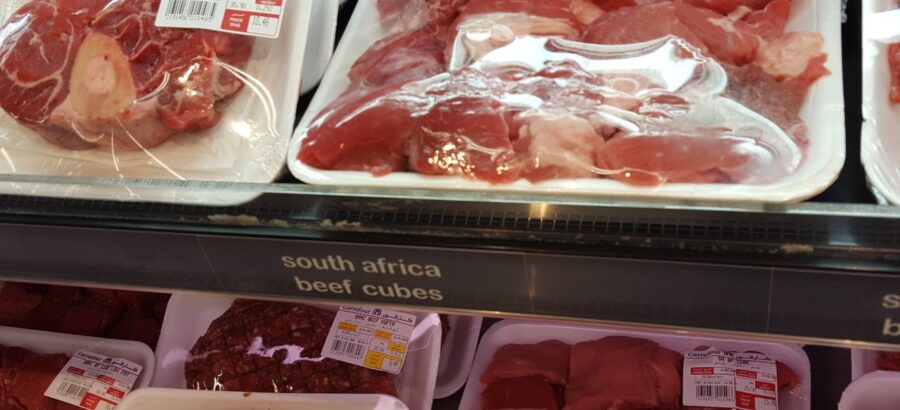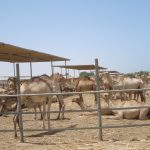The IGAD region is rich in livestock resources. Moreover, the region is in close proximity to Middle East and North Africa (MENA) and the animals are adapted to the citizens of the Gulf. However, the market share of the region so far is limited to about 50% of the live animal and 10% of the annual demand of the MENA countries.
Dr. Ameha Sebsibe on behalf of the Director of ICPALD and Dr. Ricarda Mondry on behalf of FAOSFE Representative made welcome remarks for the virtual meeting held on July 13, 2021. At the meeting organized by IGAD/ICPALD, both reiterated the importance of livestock to the livelihoods of pastoral communities in the region. For pastoral communities and others to reap benefits from their livestock, trade promotion and linkages with affluent importing countries like Middle East and North Africa (MENA) countries should be strengthened. Hence, exporting private sector and regulatory authorities getting acquainted with import requirements, as well as reviewing and complying with those import requirements – including all documentations – is very useful. It is important to strengthen the capacity of livestock value chain actors from production to marketing in terms of commercial production, disease management, market linkages among others. This calls for strong collaboration between exporters and regulatory authorities from Member States, which is inadequate in some countries and in the IGAD MS region. The latter will increase market negotiation from the region.
The objectives of the meeting were to provide an update of the status of livestock and meat exports, and addressing accompanying challenges, to assess key gaps faced by trading and marketing agents as inputs for the development tailored training materials. Some of the key observations were:
Exports from Sudan have drastically dropped from over 5 million per year to 0.7 million (half year) due to Covid-19 restrictions as well as instability witnessed in the country;
Saudi has come up with new measures to be implemented soon – this covers addition of more diseases to be tested such as blue tongue for all animals exported to Saudi, a step that is making cost of trade very expensive and not competitive.
Recommendations
- Countries with support of IGAD and FAO should map out and strengthen compliance with SPS measures from importing countries including animal disease management.
- IGAD and FAO should support countries to strengthen B2B linkage between IGAD exporting and MENA importing traders.
- The national regulatory authorities in exporting countries should help private sector exporters get acquainted with import requirements including updated version of the live animal and meat requirements.
- Countries to utilize opportunities from Covid-19 to meet food security demand of some countries and work on development and diversification of alternative products, streamline market niche and focus on market intelligence to guide traders on real time best options.
- Exporting IGAD countries should harmonize laboratory test methods, kits and reagents with MENA importing countries to mitigate consignment rejections.
- IGAD and FAO should continue supporting the established IGAD-MENA technical committee meetings to facilitate open communication, improve linkages, share data and information and enhance trust as well as transparency to strengthen trade between the two regions.
- IGAD and partners should facilitate tailor made training for traders’/marketing agents on the import requirements, accessibility and required documentation.
- Countries with support of IGAD should strengthen bilateral or multilateral negotiations on rising trade requirements including unnecessary trade barriers like yearly halal accreditation requirements.
- IGAD and exporting MS should negotiate with MENA importing countries through IGAD-MENA inter-regional platform for reasonable SPS requirements that are scientifically-based, practically applicable to protect their animal and human health while encouraging sustainable trade.






